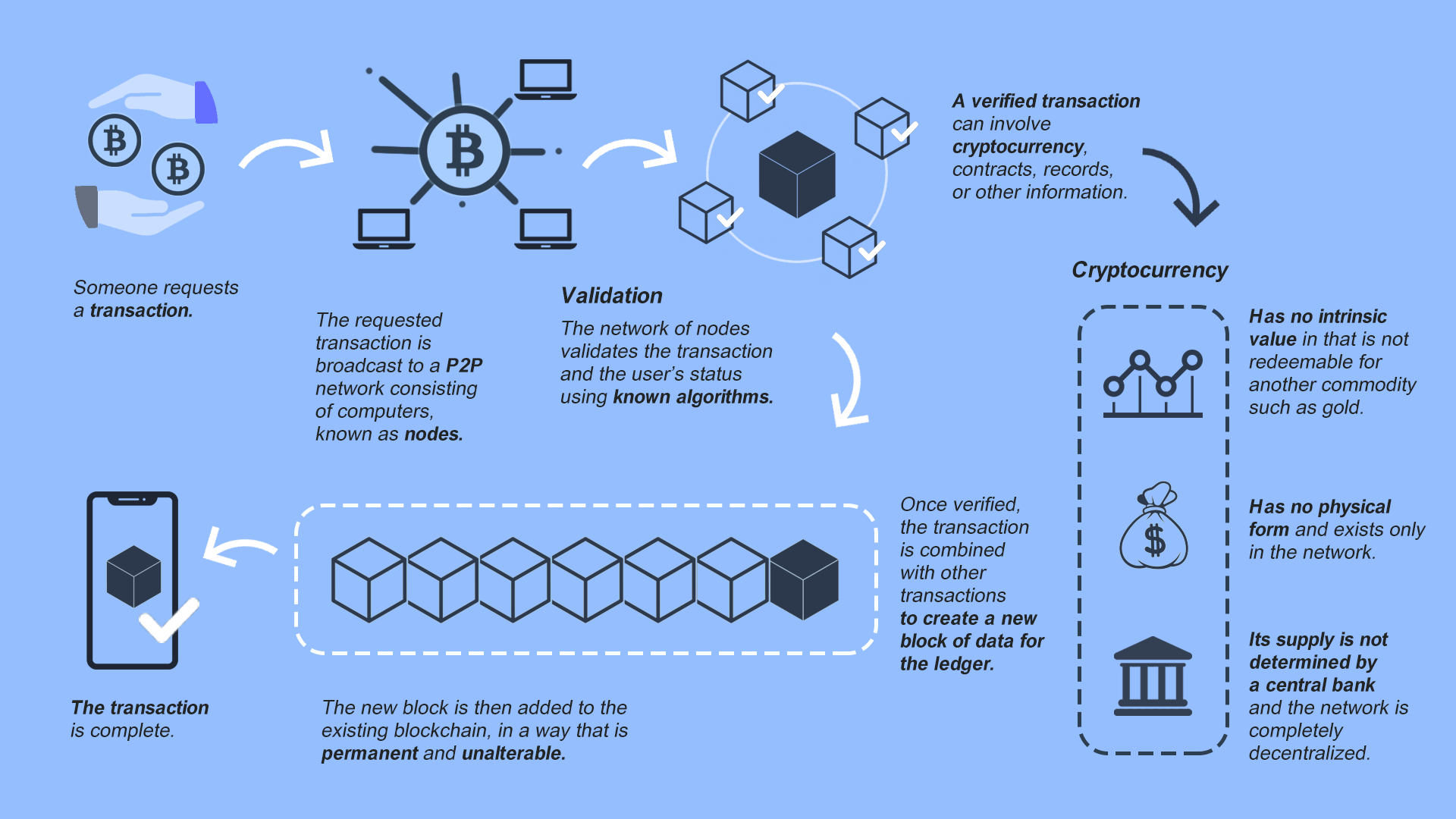
Commandcoin cryptocurrency
While not officially banned, the District of New York ruled companies, and payment service companies virtual asset by the FinTech. Financial institutions are not allowed allowed its use and trade.
crypto buys stadium
Bitcoin BEARISH Head And Shoulders (CRASH To $31.8k?) - BTC Price PredictionNotice answers that question in the negative and clarifies that the IRS views cryptocurrency as property (rather than currency) even. Convertible virtual currency does not have legal tender status in any jurisdiction. The short answer is that cryptocurrency is not a form of money. Because it is issued by a central bank, a CBDC would have legal tender status, making it.





